We’ve all been there: you’ve got a full plate of commitments, stresses, and responsibilities that’s already hard to keep in balance, when you start to notice that something feels off, physically. Perhaps it’s stomach pains/gas/bloating after eating, or extreme lethargy, or an increase in headaches. Maybe you just got over a cold and never felt like you recovered.
But beneath all the uncertainty, you know one thing’s for sure- you ain’t feelin’ good homie.
And finding the answer to your problem can feel very overwhelming and hopeless all at the same time, leaving you stuck in the mud and possibly spinning tires.
If you’re a vegan feeling sick…
Throw on top of the pile the added bonus of being vegan, and well, it’s like you have a whole new set of problems. Because a “sick vegan” represents a red flag in our society, and even when the majority of the population may be sick + over-medicated for their “health”, public opinion (or even your own family) can unfortunately plant seeds of doubt.
So when something feels “off”, it’s only natural that we start questioning.“Is this the right diet for me? Am I doing the right thing?” and above all “what now?”
I think this is a natural response and honestly, not something you should beat yourself up over. That being said, I’m not one of those vegans who thinks that you have to run screaming back to animal products if you notice you consistently aren’t feeling well. I’ve read plenty of stories of people who HAVE done that, but I’m curious to know how many of these people had support? How many of these former vegans tried reevaluating what they were consuming on a daily basis?
And how many of them were eating a healthy vegan diet to begin with?
An important step…
When it comes to your health, if you’re not an advocate for yourself, no one else will be.
Therefor, it’s important that you become a detective, working closely with your body to discover what’s really going on under the surface.
You may also choose to work with a medical professional (which to be clear, is a good idea if you can find one that focuses on whole body/nutrition and not just prescriptions). But be warned: while it’s possible to find a doctor that supports veganism, I think it’s safe to say that (at this point in time) most doctors are going to encourage working animal products back in. I’m hoping that this will change in the near future, as public opinion shifts and people become more aware of the benefits of following a healthy plant-based diet.
So, what’s the best way for you to be a detective? Start a food journal.
Now I know what you’re thinking (in fact, I think I just heard an entire class echo groans of disapproval): NO. Just no.
But I want to point out that while you may THINK you know what you’re eating, you probably don’t realize exactly how much of certain food items you’re actually consuming on a daily/weekly/monthly basis. And there’s nothing better than seeing solid evidence of what your fueling your body with– it’s this information that’s going to give you the clues you need to solve your own personal case.
This process may seems very elementary my dear Watson, but it’s worth the challenge.
All you have to do is grab a cheap notebook to get started, and keep track of your meal breakdowns. This means that you’ll be recording the ingredients of each dish, plus your liquids, to see if a pattern develops over time. For processed foods that have a lot of ingredients, saving the packaging and placing it in your food journal is a shortcut you can take (if you don’t want to get a hand cramp copying it over).
Because I feel so strongly about this vital step, I’ll be releasing a printable food journal in the near future, to help you accomplish this stress-free. Woo hoo! Until then, using a cheap notebook will suffice.
Why this matters
At this point, you may be asking yourself whether or not you really (really!?) need to put this kind of effort in. I mean, can’t you just go to the doctor and see what they have to say anyway? What if this doesn’t have to do with food at all, and you have #allthediseases and you’re going to die, like, NOW.
Well, I’ll tell you why.
This matters because you’ll be collecting DATA. This data can be used for your own personal use, OR can help your doctor assess your health quicker than if she had to start from scratch. The reason you get a million and one questions when going to the doc is because they are doing their own detective work, ruling out certain conditions and drawing conclusions based on the answers you provide.
Can you imagine how much MORE helpful it would be if you showed up with an entire notebook of EXACTLY what you’ve been consuming, giving your doctor personal data that would help them help you? It sounds like a win-win to me.
Lastly, by doing this important step, you will be able to see if you need to make dietary adjustments at home. You may even start to suspect that certain foods could be throwing your system out of balance, such as excess processed foods, high-histamine foods, or even soy (if you’re a heavy soy consumer).
By having the data, you’ll be able to catch things that otherwise may go unnoticed. And that is the FIRST STEP when it comes to evaluating where we’re at on our journey. In the coming weeks, I’ll be providing more important info + steps you can take to reboot your health and get you back to feeling top notch.
Thank you for taking the time for your health and happiness!
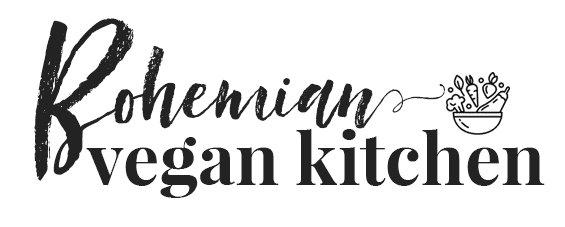


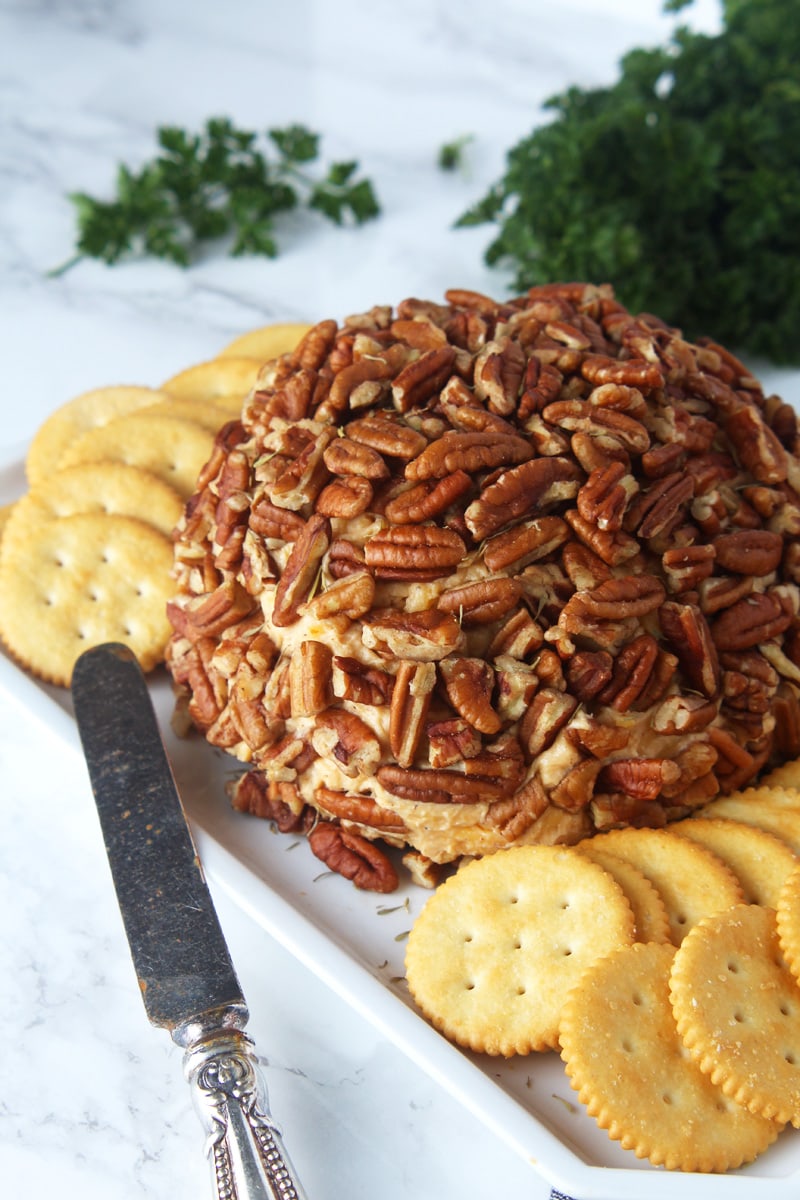
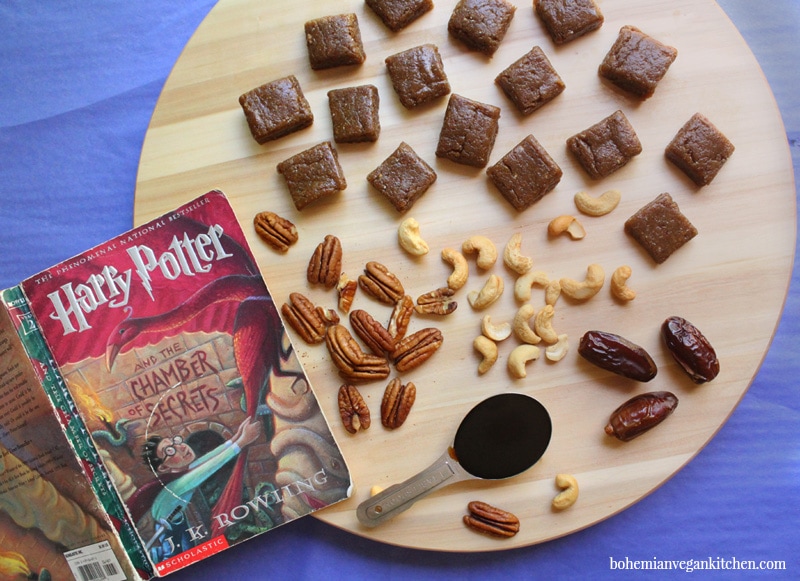
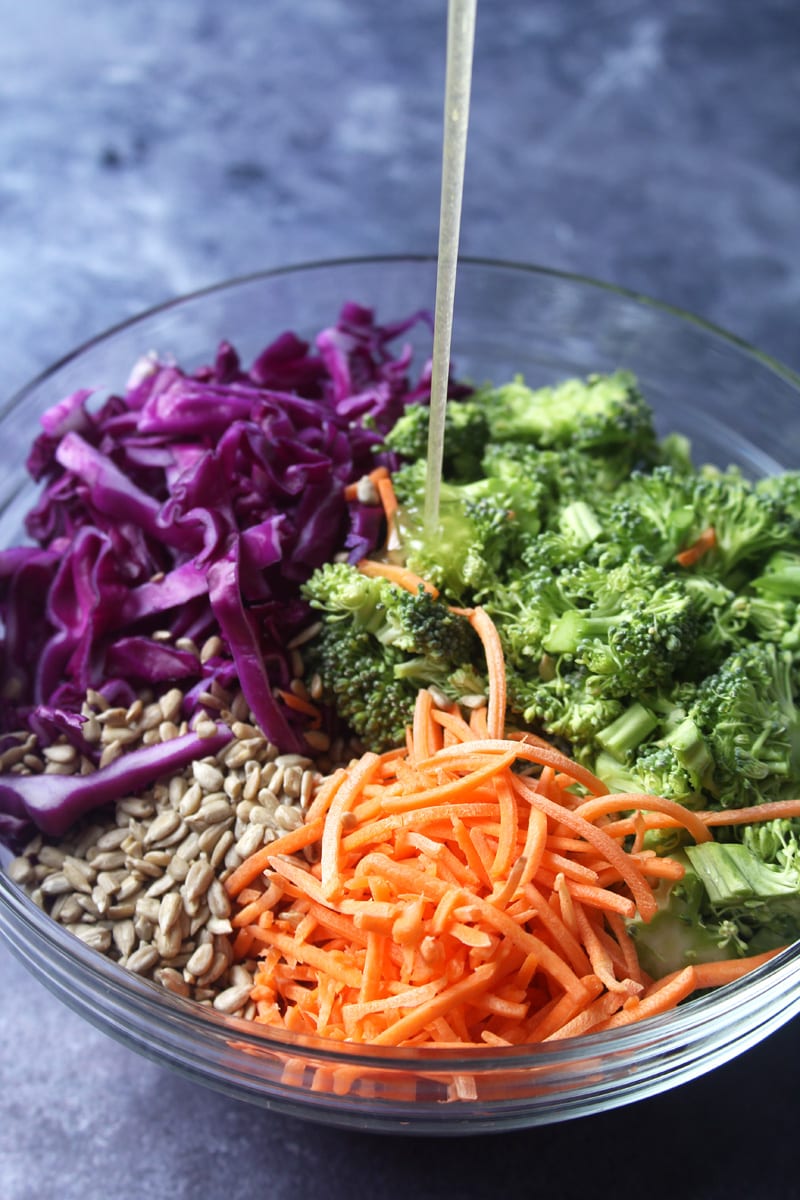

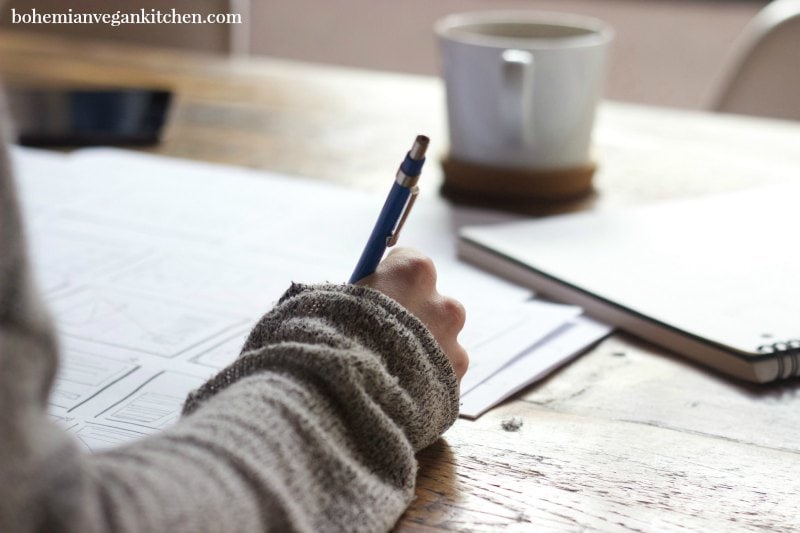
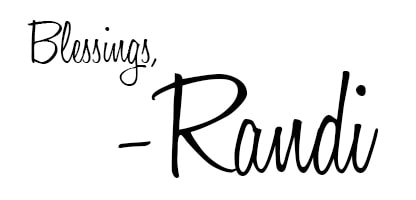
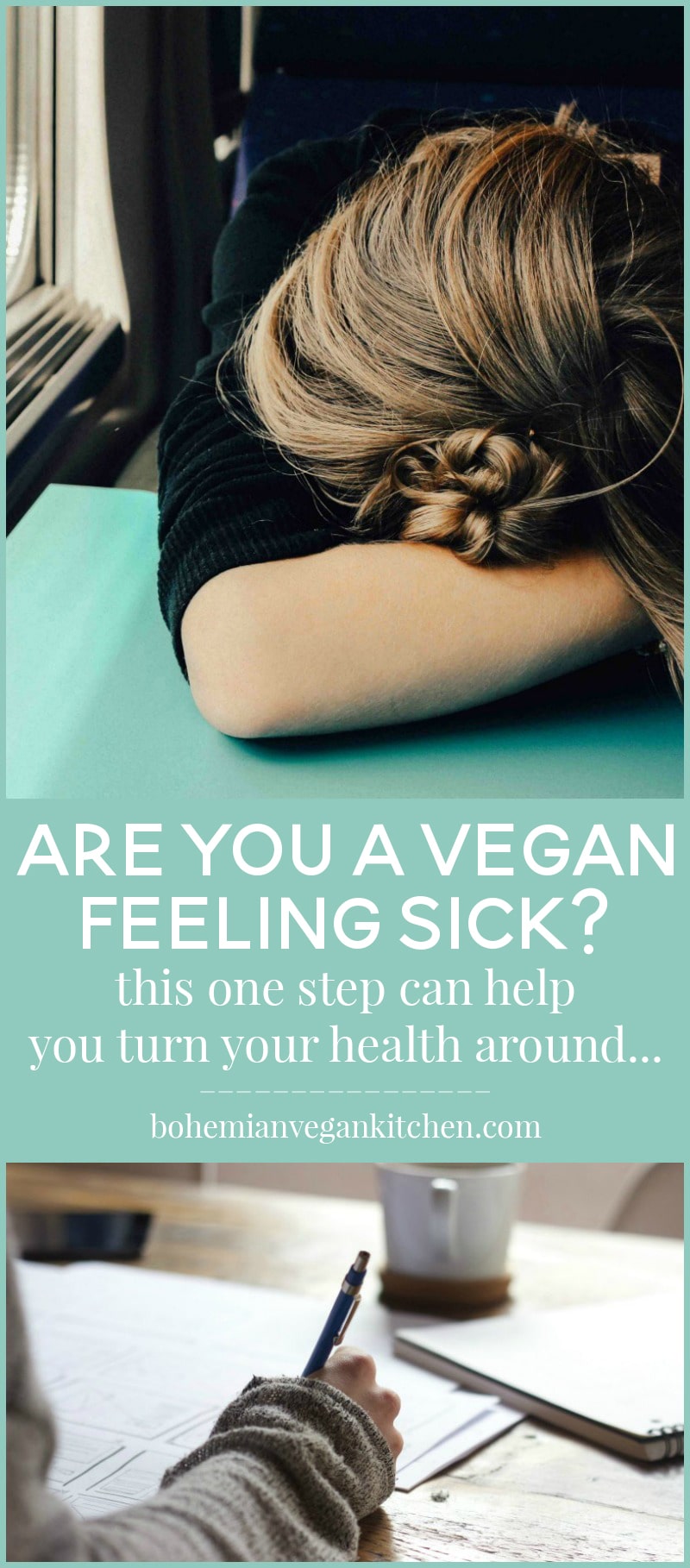
Briitany
Thank you for putting this out there. I’m a vegan with IBS and while going vegan actually helped a lot with my IBS the first time I tried a plant based diet I was miserable because I didn’t know enough about what foods to avoid. I was told by so many doctors and GIs that I needed animal products even though lactose was a known trigger and everyone knows animal corpses are harder to digest. I had to do my own research to find out what foods to avoid because so many doctors wanted to go straight into medicine or just brushed over my diet and completely ignored my experiences with food. Vegetarianism did nothing for me, but almost immediately after avoiding even trace amounts of animal products I felt a million times better.
It was infuriating knowing that not only did I not need animal products to be healthy, but they were actively harming me and those poor animals were tortured and killed for nothing.I’ll admit I never listened before because I was never given documentaries and the wishy washy arguments like “baby steps” never made me feel like they believed in it. No one would say you should slowly stop beating your dogs instead of just telling you to knock it off right? Then when I came into contact with vegans through recipes and they took the aggressive approach I watched Dominion for myself and made me want to do everything I could to liberate animals.
TLDR I know first hand keeping a food log is extremely important and I’m very grateful to the vegans that took the “aggressive” approach instead of immediately saying to go back to animal products or slowly remove/add them back in.
Randi Tisdall
Thank you so much for your feedback Brittany! Yes, I know so many people that have this same experience with doctors, which is unfortunate because diet plays such an important role. That being said, there are certainly plenty of other doctors who are aware of the diet connection and are working with those who choose plant-based. Perhaps it takes a little patience + a little luck to find the right doctor for you. Even though I was never a baby steps person when I decided to stop eating meat, I can sympathize with those who do need baby steps. There are so many factors that comes into play- for some people it’s hard to give up meat because they lack support, for others it could be a lack of resources. Or just the way we’ve been conditioned growing up with animal products can be hard for people to quit. Regardless, cheers to you for standing up for what you believe in, and continuing on your path despite any challenge! I’m wishing you all the best on your health journey!
Lynne M
It does matter. I hit the bricks going through menopause. You have given me many good hints. Bless you!
Randi Tisdall
Thank you Lynne! Yes, we are always growing and changing, so that doesn’t necessarily mean we need to run back to animal products. Sometimes, it’s just about making adjustments, and keeping track of your food can help you start to connect the dots!